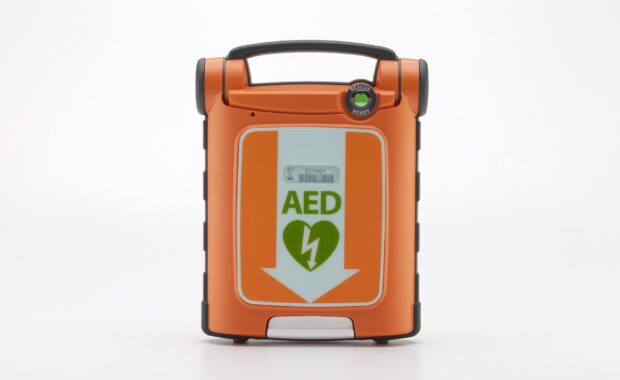When a heart stops beating, first responders can revert the cardiac arrest. But how efficient are they? Can they help save the person before the
Reducing drinking in illicit drug users: an impact story @COMETinitiative
Research impact is often hard to prove. It takes years before our findings change the world and the change is often small. This new abstract
Reduce alcohol consumption in illicit drug users: In the news
In 2012, we reviewed the evidence for talking therapies to reduce drinking among people who also use other drugs. This review was published by the
Health care research is untidy – what does it mean for postdocs? #CochraneCalgary2015
Why do we study health? Because we want to help patients. It’s no rocket science. And yet, most clinical trials do not measure outcomes that are
Which talking therapies work for drug users with alcohol problems? A Cochrane update
Have you ever had an unresolved question and you kept asking again, again and again, until you got the answer? We wanted to find out whether talking
How Cochrane Keeps the Addiction Science in Check
Science isn’t infallible. Humans make mistakes even in this highly sophisticated method of understanding the world around us. Thanks God, addiction
Finding the Evidence for Talking Therapies: Article in the Forum magazine
In an attempt to prove that counseling works for reducing drinking in concurrent problem alcohol and illicit drug users, I ended up on a journey
Does it work? When doctors need evidence
Healthcare professionals can generate important clinical questions for addiction research. Answering such questions by conducting a Cochrane review of
Alcohol and opioid agonist treatment: A community response
September 9th, 2014 – From research to practice: The Community Response organisation in Dublin is pleased to announce a new stabilization programme

